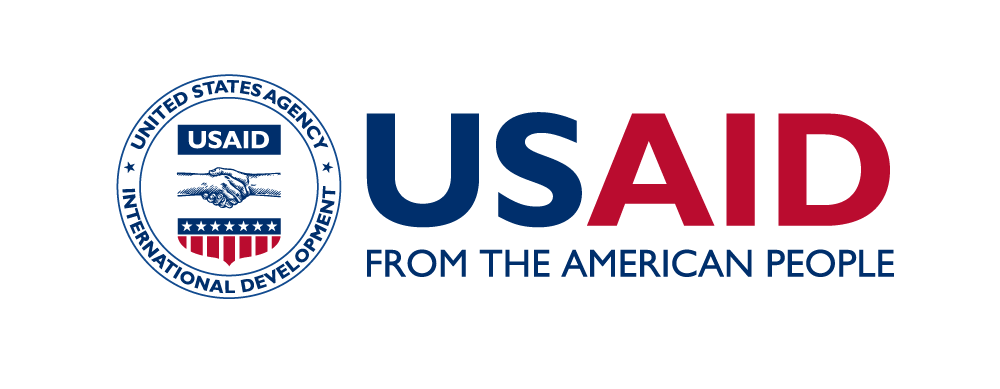 |  |
Wheat Genomics Innovation Lab
The Feed the Future Innovation Lab for Applied Wheat Genomics spanned 10 years and and six countries in its aim to develop heat-tolerant, high-yielding, and farmer-accepted varieties for South Asia, while simultaneously increasing the research for development capacity of the global wheat improvement system.
Our team built upon past research on the wheat value chain in South Asia and the needs and constraints of the various stakeholders in the value chain, as well the socioeconomic and agronomic conditions of the region. We specifically focused our efforts on the challenges of wheat production and climate change in South Asia, and this project employed a logical but innovative approach in applying cutting edge genomics, physiology, and international phenotyping networks to maximize the value of wheat varieties in S. Asia.
This project signifies a new era of “big science” for international wheat improvement. Together with NARS partners, the team from Kansas State University, CIMMYT, and Cornell University generated the largest public resource of elite candidate wheat varieties with well-characterized phenotype and genotype information, along with seed and DNA in wheat history. This resource will inform the next stage in determining the optimized configuration of wheat breeding systems to support future generations. Furthermore, the wheat varieties generated by the project have enhanced climate resilience; combining heat tolerance with heat avoidance (earliness), and maximized yield potential.